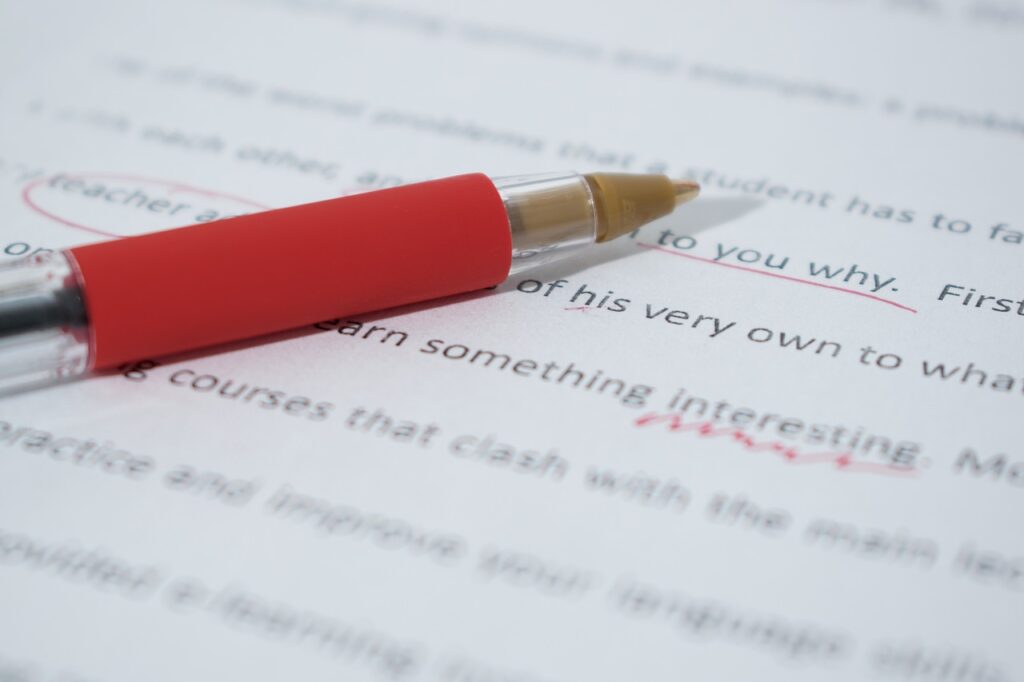An Editor Can Transform Content (If Writers Let Them)

In the writing world, an editor is often the stinky cheese in the refrigerator of fairness and creativity. But why?
What a good editor does
During the editing process, it’s the editor’s job to tweak content in multiple ways. They check that everything is relevant to the topic and accurate, and that the flow of the content makes sense. An editor also cuts or adds content to make the piece more engaging or helpful to the reader. It’s their responsibility to check that everything is okay in terms of grammar, spelling, and formatting. These steps often drastically improve a draft.
Why writers struggle against the agents trying to help
The trouble is, a writer takes writing personally. They get attached to their creations. They see them like little children who grow, develop and finally make their way into the world. When an editor starts fiddling with the content, the writer’s initial reaction is to wince rather than give thanks. It’s as if the editor is telling the writer that they’ve been a bad parent. The writer ends up feeling like all their careful effort still created one penny short of a dollar.
So the writer does what is natural. They shift blame from themselves to the editor. It is only then that they can keep their self-developed illusion about their own mastery of their craft. The editor becomes the villain. In the worst-case scenario, the writer can’t help but argue with the editorial decisions to defend their own ego.
A little distance does a writer good
The reality is, editors aren’t out for blood. They don’t purposely look for things to pick apart. Editors certainly don’t like arguing with the writers with whom they work. They’d give their left kidney for clients who truly realized how much they want the writers to succeed.
So what does this mean for a writer? It means that there has to be at least a little emotional distance from the writing. Otherwise, the editor becomes the enemy. It’s this distance that keeps the writer’s mind open to new possibilities and allows them to rationalize about which writing path ultimately is best.